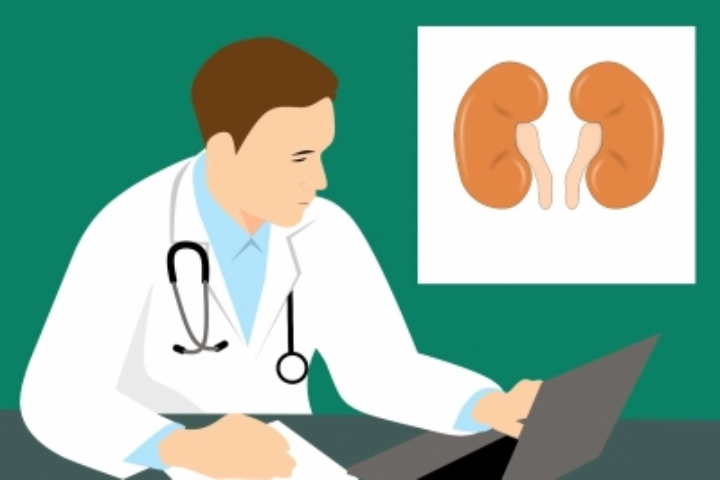

Uncontrolled hypertension silently damaging kidney health in India: Experts
Rising levels of hypertension or high blood pressure in the country are alarmingly threatening kidney health, according to health experts on Wednesday, ahead of World Kidney Day.
World Kidney Day is observed annually on March 14 to raise awareness about the various risks posed to kidneys.
About 10 per cent of the Indian population reportedly suffers from chronic kidney disease (CKD), and it is the eighth leading cause of death in India.
According to health experts, hypertension, which affects a whopping 315 million people in India, is a major contributor to the disease.
High blood pressure earns its ominous nickname as the “silent assassin” due to its stealthy progression. Besides increasing the risk to the heart and brain, it can also damage the blood vessels in the kidneys, reducing their ability to function properly, a condition known as chronic kidney disease (CKD). CKD can eventually progress to end-stage renal disease, where the kidneys are no longer able to function at all.
“I have seen many patients dealing with high blood pressure. It’s tough – keeping up with medications and changing habits. But, we don’t talk enough about how uncontrolled hypertension harms the kidneys and overall health, no matter your age,” said Pankaj Bhardwaj, Academic Head of the School of Public Health and Professor of Community and Family Medicine, at AIIMS Jodhpur, in a statement.
“The longer the exposure, the greater the damage, hence making it critical for even youngsters to prioritise hypertension control. We need to focus on prevention, spotting early, and treatment,” he added.
The doctor explained that the relationship between hypertension and CKD is a complex one and intrinsically related. It also becomes difficult to determine which disease process precedes the other, as both hypertension and CKD share similar risk factors including age, obesity, and comorbidities like diabetes or cardiovascular disease.
“Though genetic factors cannot be ruled out/ modified, the major modifiable reasons for developing CKD included hypertension, diabetes, smoking and tobacco habits, poor hydration, lack of physical exercise, excessive stress, and poor dietary habits,” Vikas Jain, Director & Unit Head, Department of Urology, Uro-oncology & Renal Transplantation, Fortis Hospital, Shalimar Bagh, told IANS.
Awareness of early symptoms of kidney damage like easy fatigability, loss of appetite, sensation of nausea and vomiting, leg or facial swelling may help in early detection and treatment, added Vikas Jain.
The Ministry of External Affairs (MEA) on Monday highlighted that Brazil has expressed significant interest…
Despite an uncertain and challenging global economic backdrop, the Indian economy remains a key driver…
Prime Minister Narendra Modi's upcoming five-nation tour, beginning on July 2, will see significant advancements…
Chief of the Army Staff (COAS) General Upendra Dwivedi on Monday departed on an official…
Western nations will not succeed in inflicting a "strategic defeat" on Russia, Russian Foreign Minister…
Israel has launched at least 50 aerial strikes across Gaza, with a significant focus on…